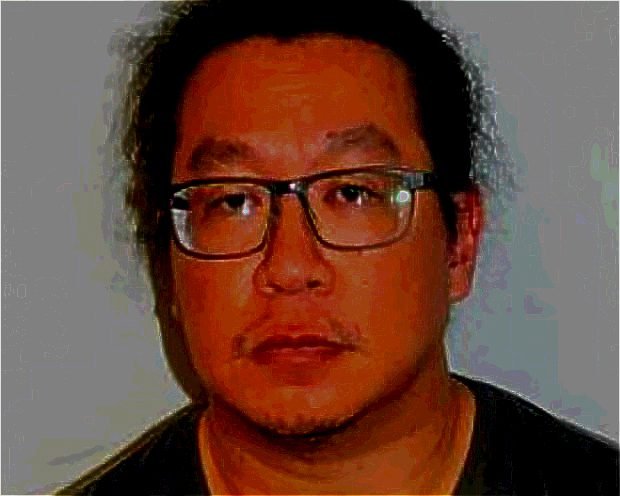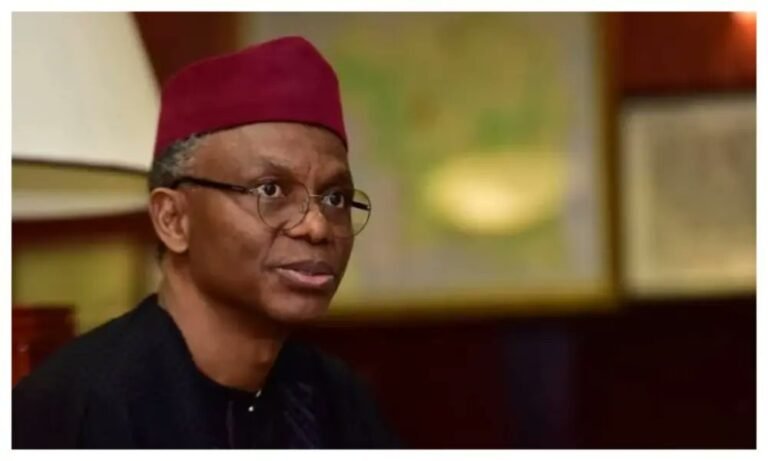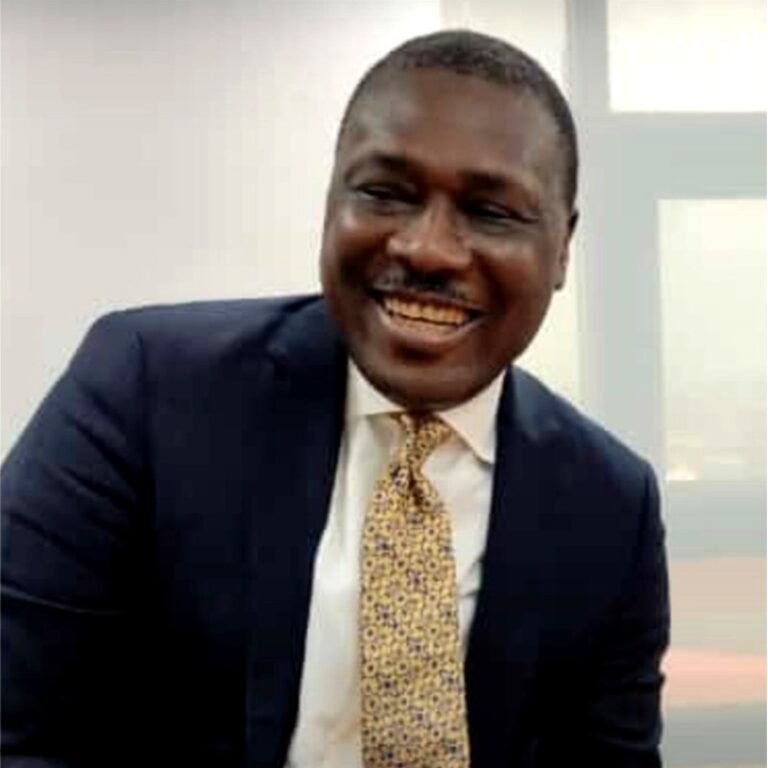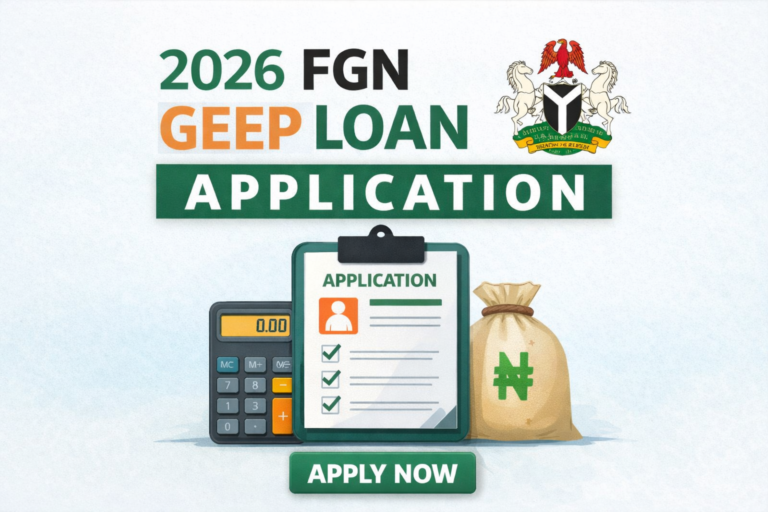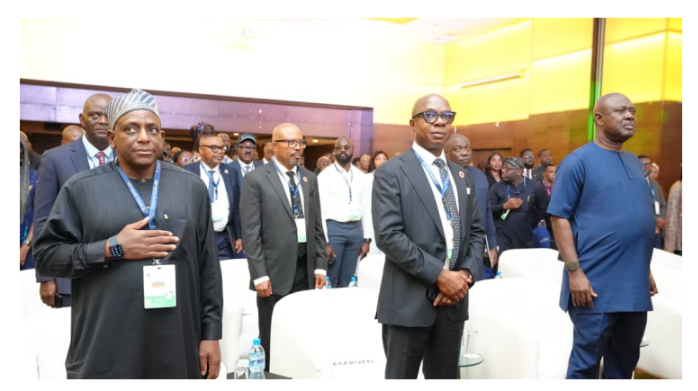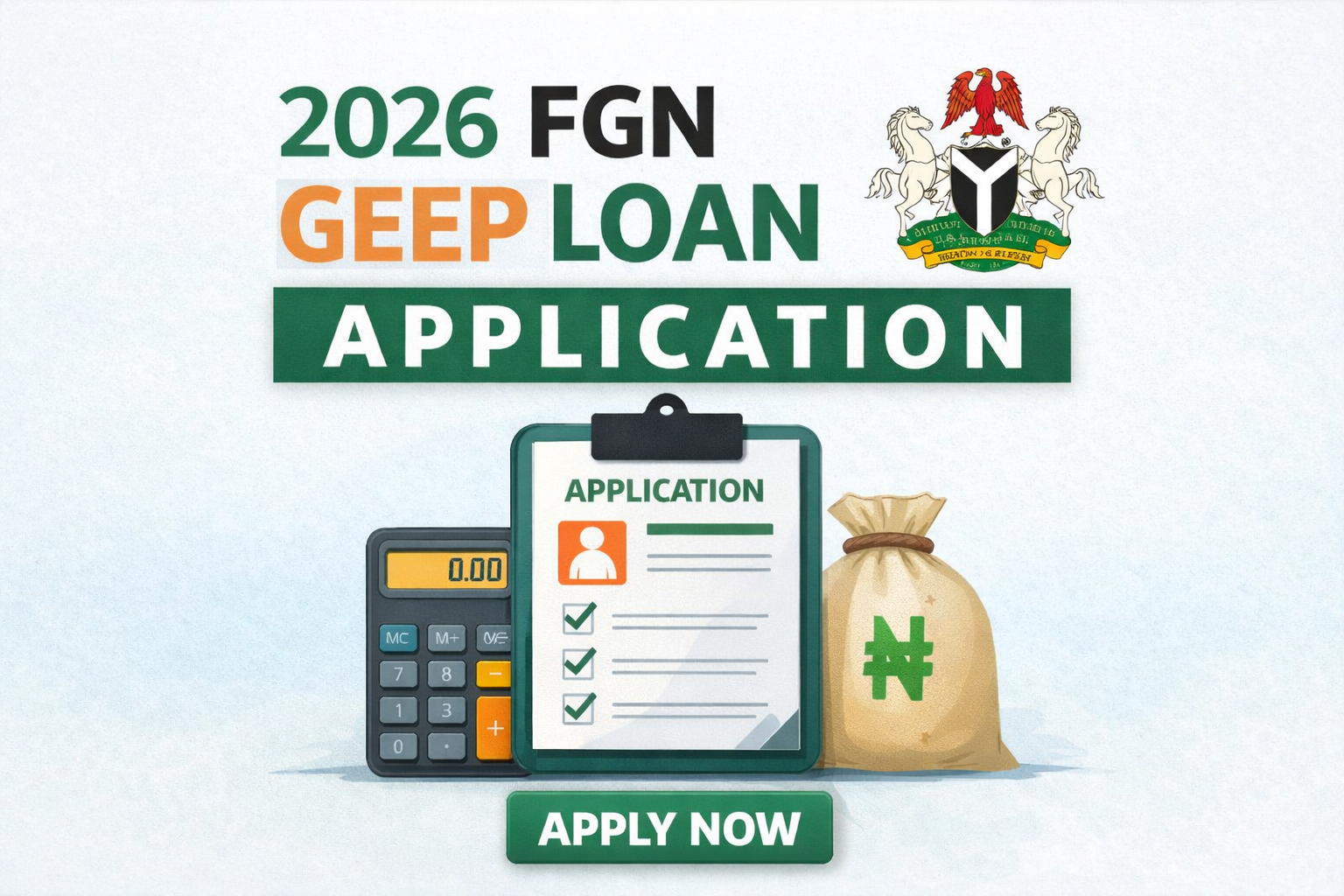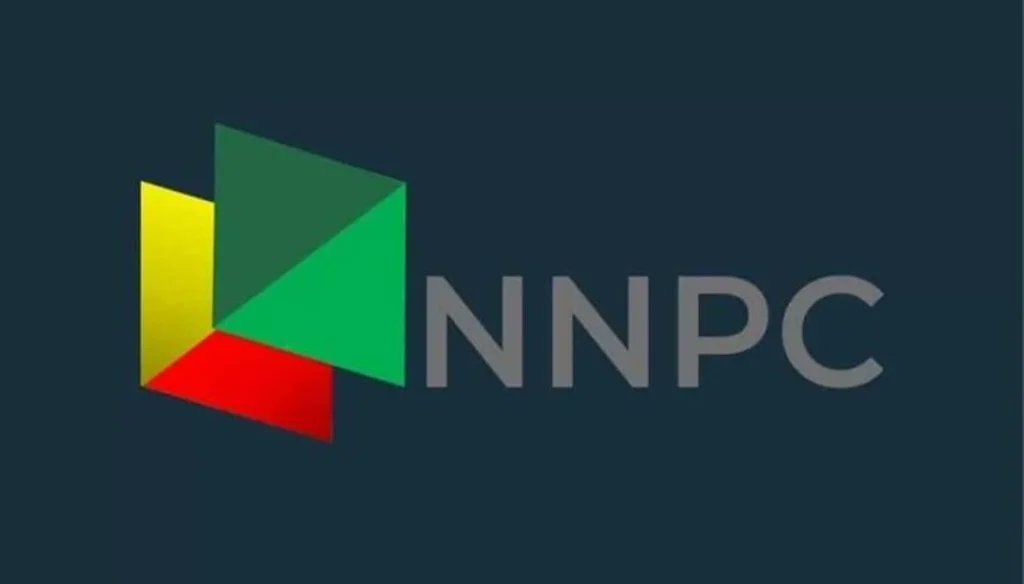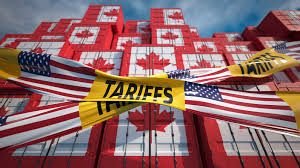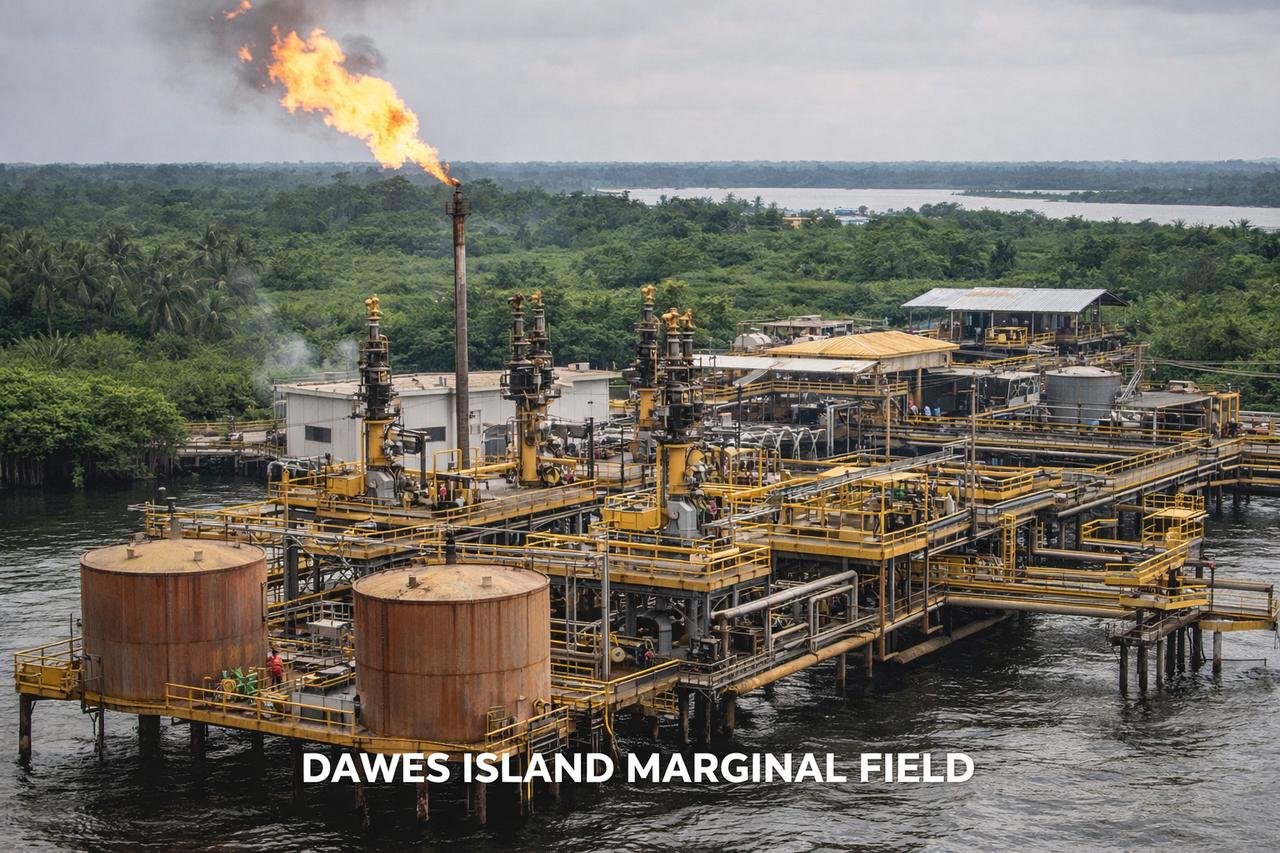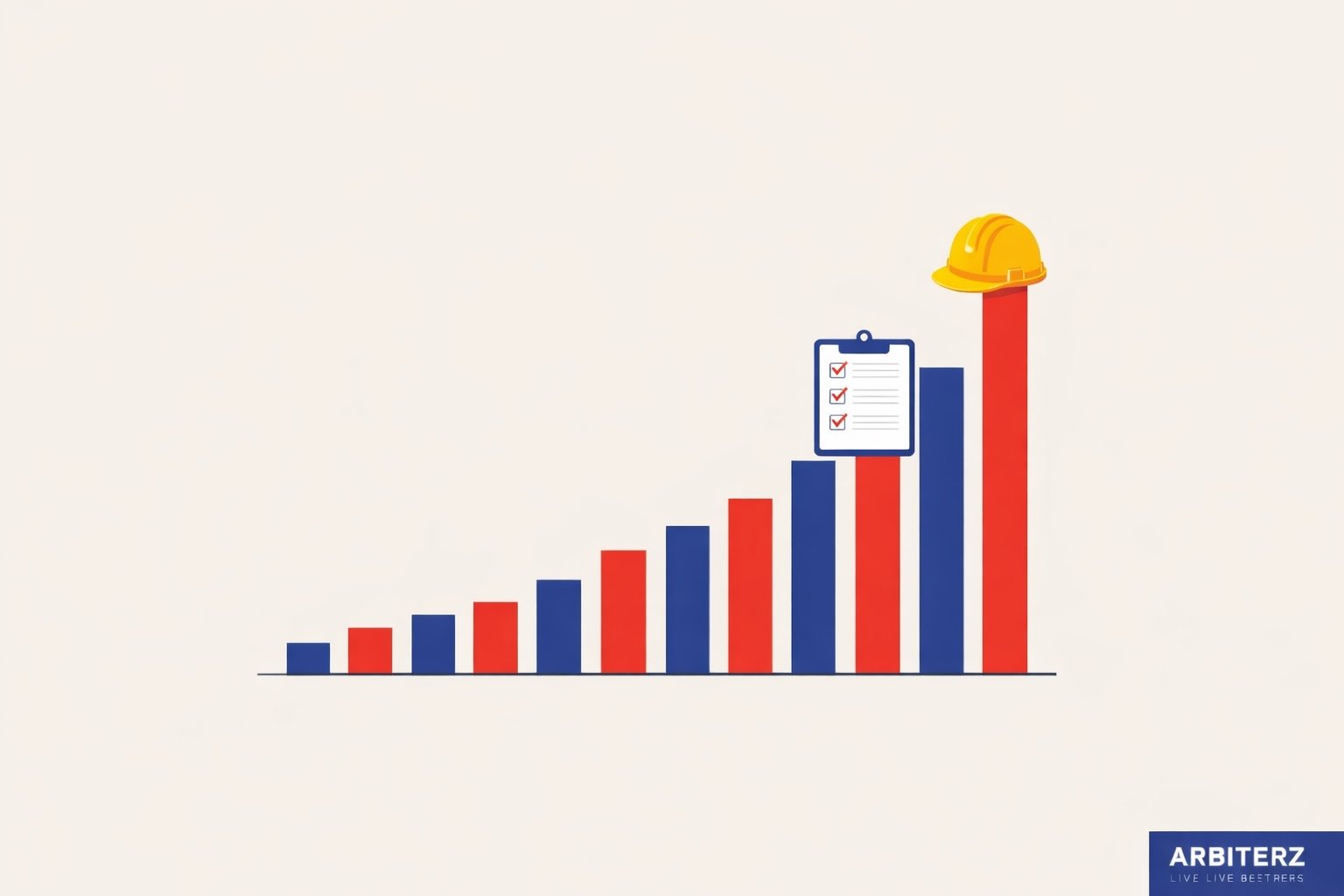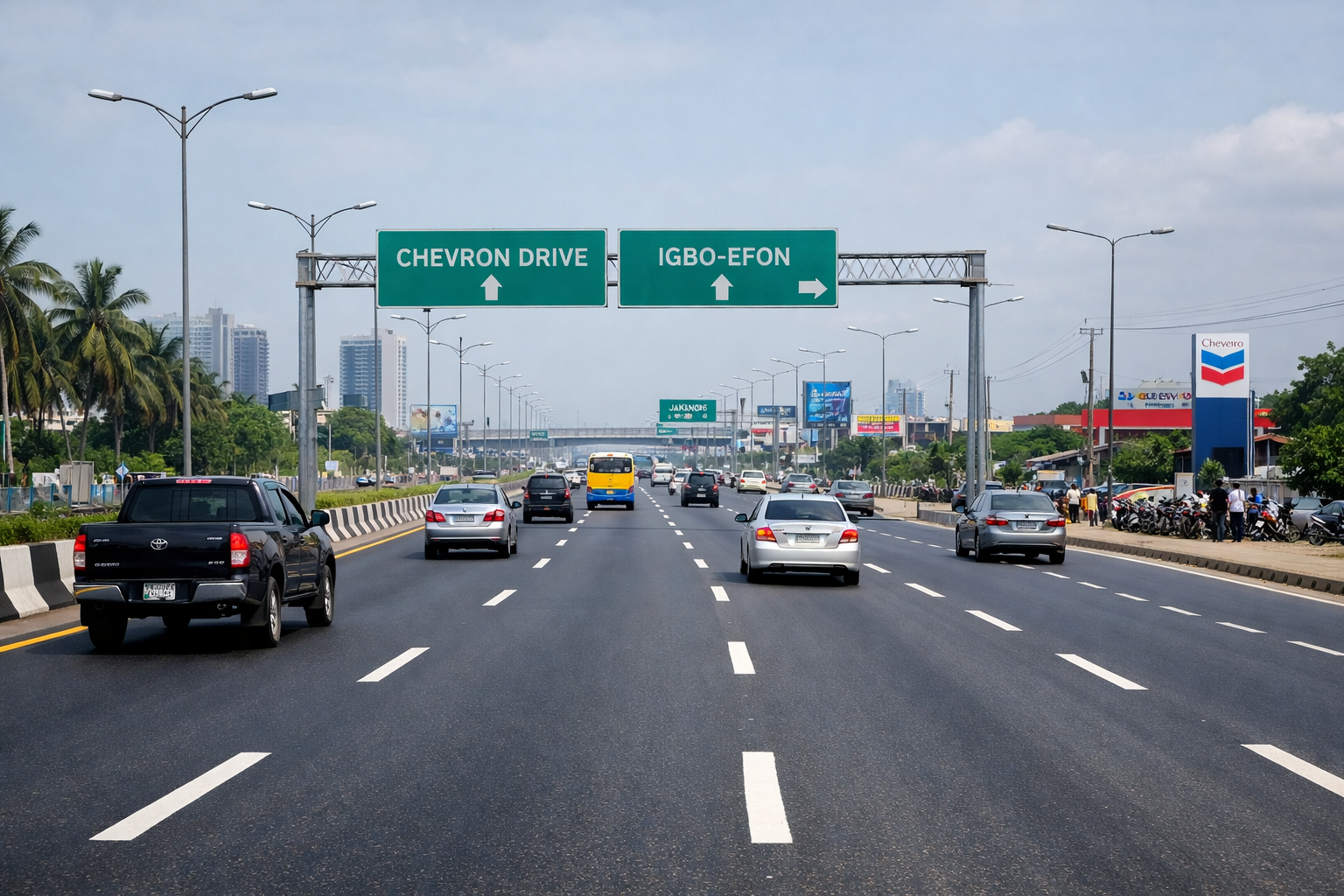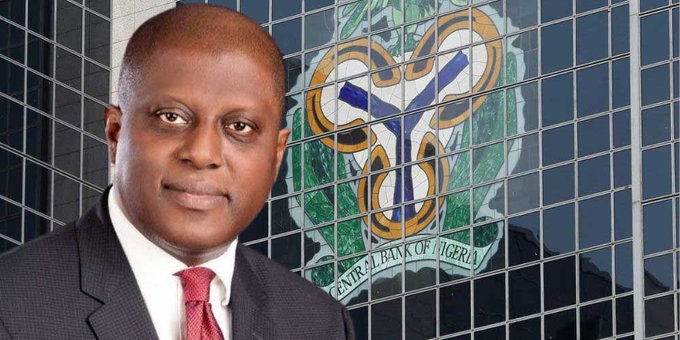Key Points
- The World Bank has disbursed $751.88 million to Nigeria as part of a recently approved $1.5 billion loan.
- The funds are part of the Nigeria Reforms for Economic Stabilisation to Enable Transformation (RESET) Development Policy Financing Programme (DPF).
- This loan is a segment of the broader $2.25 billion package approved by the World Bank for Nigeria on June 13, 2024.
The World Bank has disbursed $751.88 million to Nigeria as part of a recently approved $1.5 billion loan aimed at supporting the nation’s economic reforms.
This funding, according to a Nairametrics‘ report, is part of the Nigeria Reforms for Economic Stabilisation to Enable Transformation (RESET) Development Policy Financing Programme (DPF), a key initiative under the broader $2.25 billion approved by the World Bank for Nigeria on June 13, 2024.
Breakdown of the Loan
The $1.5 billion loan consists of two separate agreements:
- An International Development Association (IDA) credit of $750 million
- An International Bank for Reconstruction and Development (IBRD) loan of $750 million
To date, the disbursed amount includes the entire $750 million from the IDA credit and $1.88 million from the IBRD loan, leaving an undisbursed balance of $748.13 million.
Also Read: Suspend further loans to Nigerian states, SERAP writes World Bank
Objectives of the RESET Project
The RESET DPF project is designed as a standalone operation with two tranches, structured around four key results to support Nigeria’s economic stabilisation and recovery priorities:
- Increase fiscal oil revenues: From 1.8 per cent of GDP in 2022 to 2.7 per cent by 2025
- Boost non-oil fiscal revenues: From 5.3 per cent to 7.3 per cent over the same period
- Expand social safety nets: To assist 67 million vulnerable Nigerians
- Raise the import value of previously banned products: From $11.3 million to $54.6 million by 2025
Implementation and Oversight
The Federal Ministry of Finance (MOF) is responsible for implementing these reforms, with oversight from the World Bank. Collaboration with key stakeholders, including the Central Bank of Nigeria (CBN) and the Ministry of Humanitarian Affairs and Poverty Alleviation (MHAPA), is crucial for monitoring and assessing the progress and impact of these reforms.
Also Read: Nigeria’s govt requests 18-month extension for World Bank’s $800 million palliative loan
The World Bank will provide supervision and support throughout the implementation process to ensure the operation’s goals are met efficiently and effectively.
Key Conditions and Actions Required
To access the full funds, Nigeria must meet specific conditions outlined in the financing agreement documents. These conditions include:
- Presidential Executive Order: Mandating that all fiscal transfers to the Federal Government, including those from crude oil sales and gasoline imports, be executed at the prevailing market exchange rate within a specified implementation period.
- Value-Added Tax (VAT) Reforms: Submission of a draft bill to the National Assembly to progressively increase the VAT rate to at least 12.5 per cent by 2026 and allow input tax credits for capital and services.
- National Social Investment Programme Bill: Submission of a revised bill to the National Assembly mandating the use of the national social registry as the primary targeting tool for social investment programmes.
Progress and Monitoring
Nigeria has already made progress in some areas, such as increasing gasoline prices and beginning the implementation of cash transfer programmes. Continuous monitoring and adherence to the agreed-upon reforms are essential to ensuring the continued availability of funds.
The World Bank team will closely monitor Nigeria’s compliance with these conditions to ensure that the reforms are effectively implemented and that the economic stabilisation and recovery goals are achieved.
The $751.88 million disbursement marks a critical step in Nigeria’s journey towards economic stabilisation and growth. With effective implementation of the RESET DPF project and adherence to the stipulated conditions, Nigeria is poised to achieve significant economic reforms that will benefit its populace and strengthen its financial stability.











